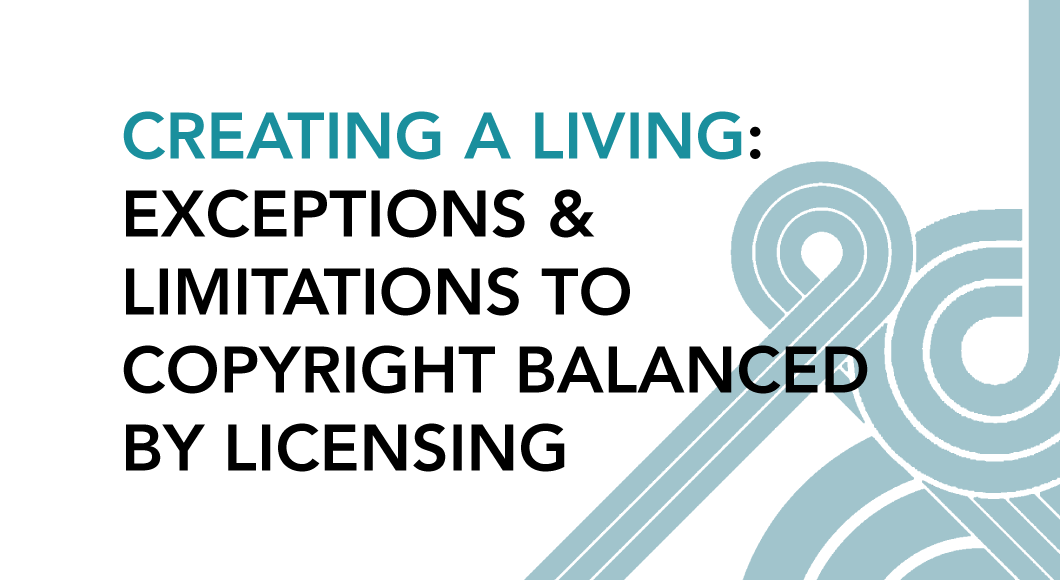The International Authors Forum (IAF) along with the International Federation of Reproduction Rights Organisations (IFRRO) organised the last in the series of events stemming from IAF’s Creating a Living report on authors’ earnings, with a webinar focused on Exceptions & Limitations to Copyright. Representatives from Collective Management Organisations (CMOs) and the International Publishers Association (IPA) spoke about the issue of broad Exceptions & Limitations that negatively impact the publishing industry, leading to further problems, and putting creators and publishers in danger. John Degen, IAF Chair and Executive Director of the The Writers’ Union of Canada (TWUC); José Borghino from the IPA; Ruth Simujayangombe from ZARRSO, Zambia; Carol Newman from JamCopy, Jamaica and CARROSA; and Roanie Levy from Access Copyright in Canada, elaborated on the power of copyright licensing to increase access, and encourage creation.
José Borghino discussed the role of copyright as an essential foundation of publishing. José set out how publishers take the financial and reputational risk of investing in works they believe in alongside authors and content creators as risk-takers.
Ruth Simujayangombe described the role of copyright with its exceptions and limitations in determining access and uses of works. Ruth warned that the Zambian publishing industry is serious difficulties and local users are relying on foreign works due to a lack of means for authors to earn a living from their content.
Carol Newman emphasized on the fact that copyright legislation in countries like Jamaica is flexible and responsive for uses by organisations like libraries and educational facilities, while enabling authors and publishers to be fairly paid.
Roanie Levy discussed how Access Copyright has been licensing the use of content for 30 years. For 20 years Access Copyright worked well as the collective solution, providing access to works. Users and creators alike were rewarded until 2012 when an exception to copyright was introduced. That exception was overly broad and poorly defined. The overly broad exception relied on an unclear concept of ‘fairness’ and led to the breakdown of the market. The educational publishing market has suffered in Canada because of copying without compensation as a result of the unclear interpretation of this exception.
IAF would like to thank all the panellists and its partners for taking the time to share their views and the audience for attending.
You can watch the full discussion here.


